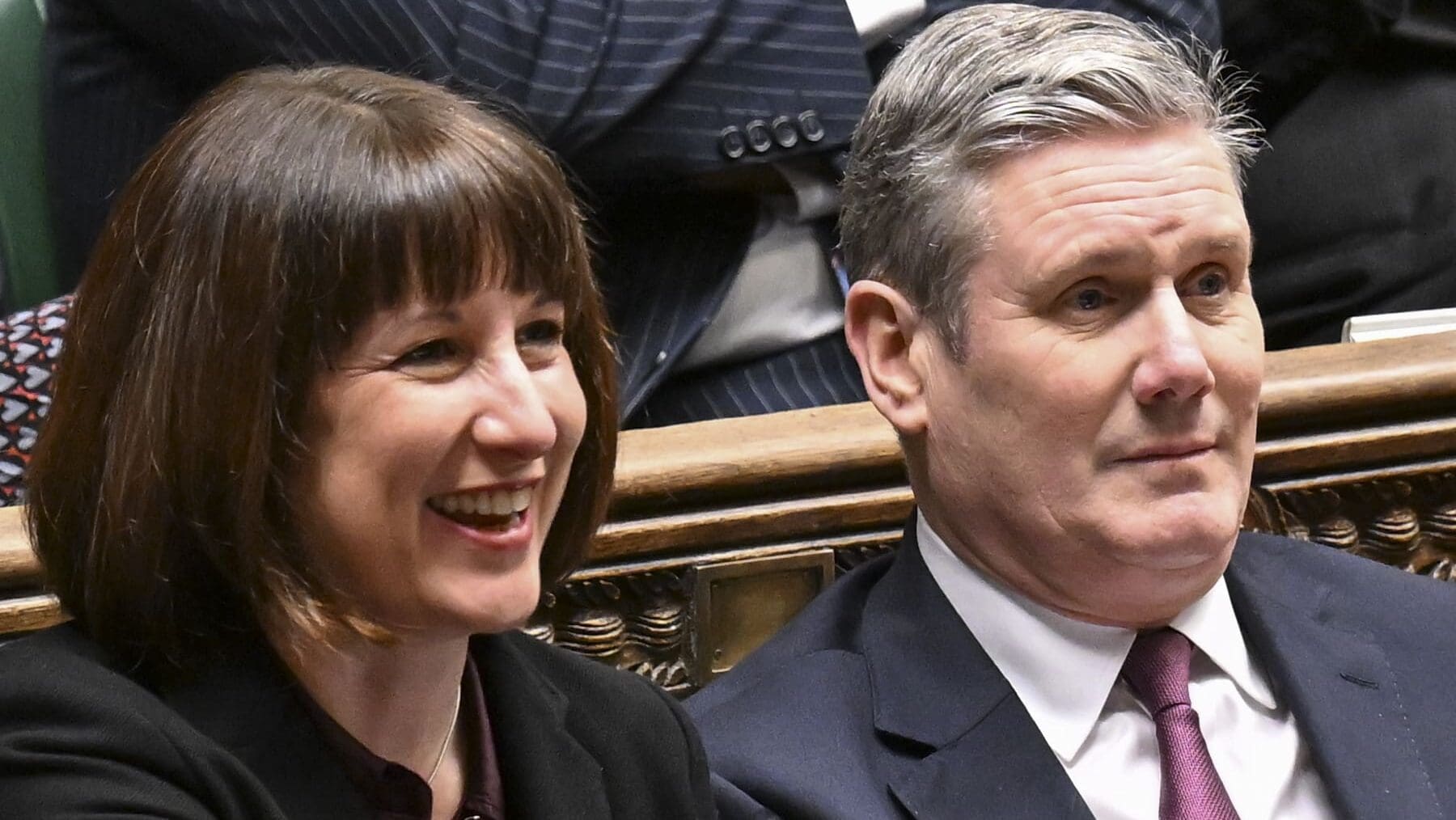
Rachel Reeves and Keir Starmer
Photo: © UK Parliament / Maria Unger, CC BY 3.0, via Wikimedia Commons
In an interview with the Financial Times ahead of the July 4th election, new Labour chancellor Rachel Reeves “admitted [as the paper put it] that—unlike previous incoming chancellors—she would be unable to arrive at the Treasury and claim she had looked inside the books and realised things were even worse than they looked from the outside, giving a flimsy excuse for immediate tax rises or spending cuts.”
Just days after the election, Reeves did exactly that.
Watching new Chancellor deliver her first speech at the Treasury. Already talking about how the economic inheritance is even worse than expected… laying the ground for tax rises already? pic.twitter.com/CNQJjqlwqd
— Olivia Utley (@OliviaUtley) July 8, 2024
In fact, since the election, hardly a day has passed where Labour figures have not highlighted that all things—from the economy, to prisons, to defence—are much worse than they realised.
So the seeds have been planted. Now comes tax rises and/or spending cuts.
Reeves will say on Monday, July 29th, that there is a “black hole” of about £20 billion (€23.7bn) in the public finances. Former Bank of England economist Michael Saunders told The Guardian that this announcement could be used to “justify significant extra tax hikes, perhaps an extra £10bn-£25bn (€11.8bn-€29.6bn).”
Politico reckons that the Labour government could increase capital gains tax—a tax on profit once you sell an asset that has increased in value—or alter the inheritance tax system to raise additional cash. Measures will be confirmed in the chancellor’s autumn budget, which will likely take place in October, after the party conference season is out of the way.
Paul Johnson, who is director of the Institute of Fiscal Studies, said that Reeves should not act surprised that the public finances are in a bad way.
I don’t think it’s really very credible at all. In terms of the scale of the problems facing public services, lots of individuals and organisations have pointed out that public services are performing considerably worse than they were pre-COVID. They are performing worse than they were back in 2010.
Labour prime minister Sir Keir Starmer said on countless occasions before the general election that his team “rejects the argument” that tax rises are required to rebuild public services. He also promised not to raise taxes on “working people.” But this was a clever act of obfuscation since it turned out that Starmer believes “working people” are only those with no savings, which is beyond ridiculous.
